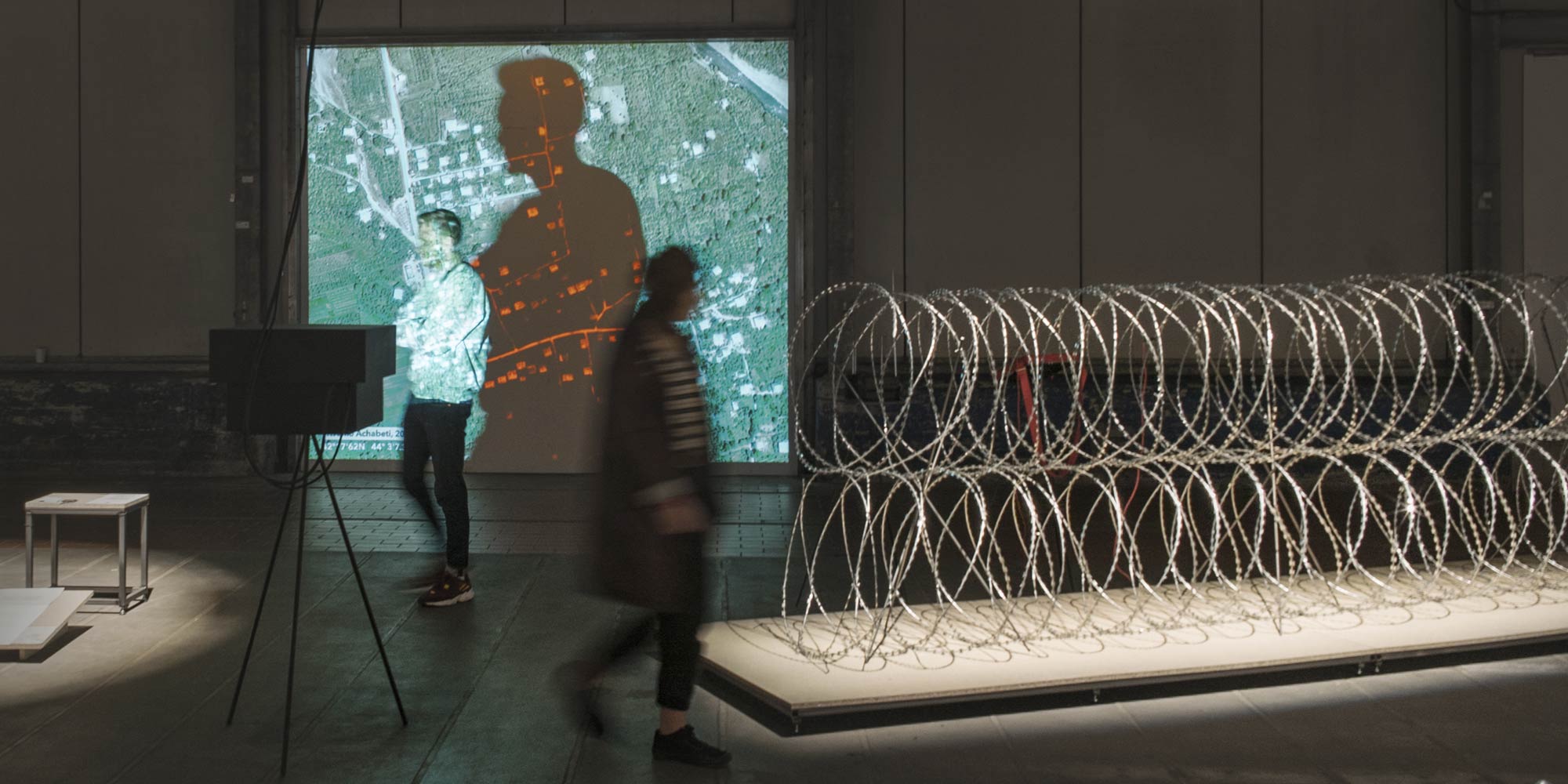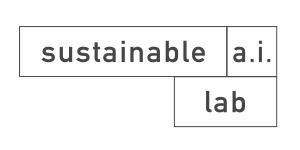The fact that art and technology can make a significant contribution to the culture of remembrance and to the understanding of social change in the past and the future will be discussed in the event ‘User Manual for Digital Humanists’. This year’s ArtScience Residency recipient Irakli Sabekia will present his artistic work, followed by a conversation with Prof. Dr. Aimee van Wynsberghe, providing insights into his collaboration with the Bonn Sustainable AI Lab.
Type: Lecture
Date: Jun 9, 2022, 5-7 PM
City, Country: Bonn, Germany
Venue: Foyer Headquarter Deutsche Telekom, Friedrich-Ebert-Allee 140, 53113 Bonn
SPEAKER: Irakli Sabekia (Artist), Prof. Dr. Aimee van Wynsberghe (Director, Sustainable AI Lab, University of Bonn), Antje Hundhausen (Vice President Brand Experience, Deutsche Telekom), MODERATOR: Laura Welzenbach (Head of Ars Electronica Export)
Born in 1985 in Sochumi, Abkhazia, one of the Russian occupied territories in northwestern Georgia, Sabekia’s project ‘Archive of Spatial Knowledge’ deals with archiving memories of places that had to be abandoned for political, social, and ethnic reasons. The project submitted even before Russia’s war of aggression against Ukraine, is becoming more topical now.
The ArtScience Residency was launched in 2020 by Art Collection Deutsche Telekom in cooperation with Ars Electronica in Linz and promotes artists with a strong connection to Eastern and South-Eastern Europe who work at the interface between technology, science and art. The scientific partner of the ArtScience Residency 2022 and 2023 is the Sustainable AI Lab of the University of Bonn. Founded in 2021, the lab’s research focuses on understanding the impact of AI on the environment and the related social impacts on vulnerable communities, on developing guidelines for sustainable and proportionate uses of AI, and on the use of AI to achieve the sustainable development goals (SDGs).
While it is true that digital technologies have merely accelerated processes already unfolding across the industrialized world, they have changed our world and our lives radically over the last four decades. Alongside the growing impact, unease and uncertainty are on the rise, leading the global tech industry into a crisis as we start to question more and more the impact of new technologies (fake news, human downgrading, cyber-crime, trade in personal data, sustainability etc.) on the fabric of our lives and society.
Therefore, institutions and initiatives around the globe, including Ars Electronica, are calling for a Digital Humanism that notices these omnipresent transformational processes and reflects on new pathways into a digital society. By initiating the European Platform for Digital Humanism, Ars Electronica and its partners from research, industry and cultural sectors take part in this urgent conversation focused on re-evaluating our relationship to the technologies we’ve created and how we use them — a conversation that is by no means confined to Europe but needs to be tackled on a global level.


